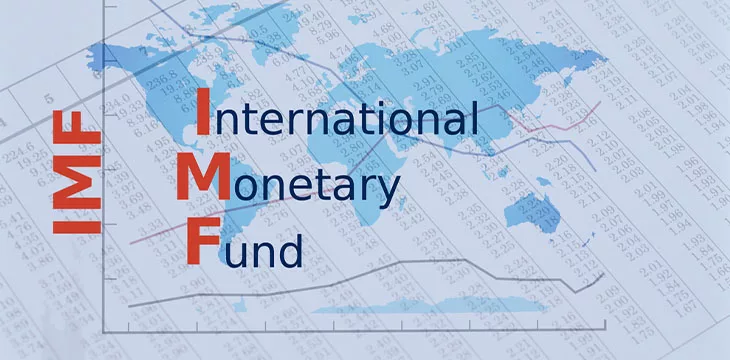|
Getting your Trinity Audio player ready...
|
The International Monetary Fund (IMF) believes digital money could transform financial inclusion and cross-border connectivity for Pacific Island countries (PICs). In a recent paper, the IMF recommended central bank digital currencies (CBDCs) and stablecoins but warned against adopting “unbacked crypto assets.”
Titled ‘Rise of Digital Money: Implications for Pacific Island Countries,’ the paper explored financial challenges facing PICs and how various forms of digital money could solve them.
PICs are a group of island nations on the Pacific Ocean that include Palau, Fiji, Tuvalu, Samoa, Tonga, and Kiribati. While diverse in size and development, they suffer from similar financial challenges, including low financial inclusion and costly cross-border payments, IMF says.
Digital money could be the solution, but only if well designed and governed, the Washington D.C.-based organization noted.
For countries with a national currency, such as Fiji, the IMF recommends central bank digital currencies. However, it acknowledges that this isn’t viable in the short to medium term. In PICs, where the banking system is developed, a two-tier CBDC system is best, with commercial banks acting as intermediaries and offering retail CBDC services.
PICs without a national currency like Palau, which depends on the U.S. dollar, should explore foreign currency-backed stablecoins. However, these stablecoins must be subject to robust regulation to protect the public.
Pacific Island countries must avoid decentralized digital assets, the IMF warned.
“Unbacked crypto assets, however, are not suitable as official currency and means of payments and therefore should not be supported by the official sectors,” the paper stated.
The IMF has been against ‘crypto’ for years. It has continuously called on El Salvador and the Central African Republic to reverse their BTC legal tender status, with reports
revealing that this is one of the conditions for President Nayib Bukele as he negotiates for financial support. It also forced Argentina to adopt an anti-digital asset stance as a condition for a $44 billion loan.
However, it has backed CBDCs and published several papers with recommendations for central banks as they explore these digital currencies. It has also partnered with some central banks and global financial organizations on CBDC research.
To learn more about central bank digital currencies and some of the design decisions that need to be considered when creating and launching it, read nChain’s CBDC playbook.
Watch: Building CBDC systems on Bitcoin

 08-29-2025
08-29-2025 





